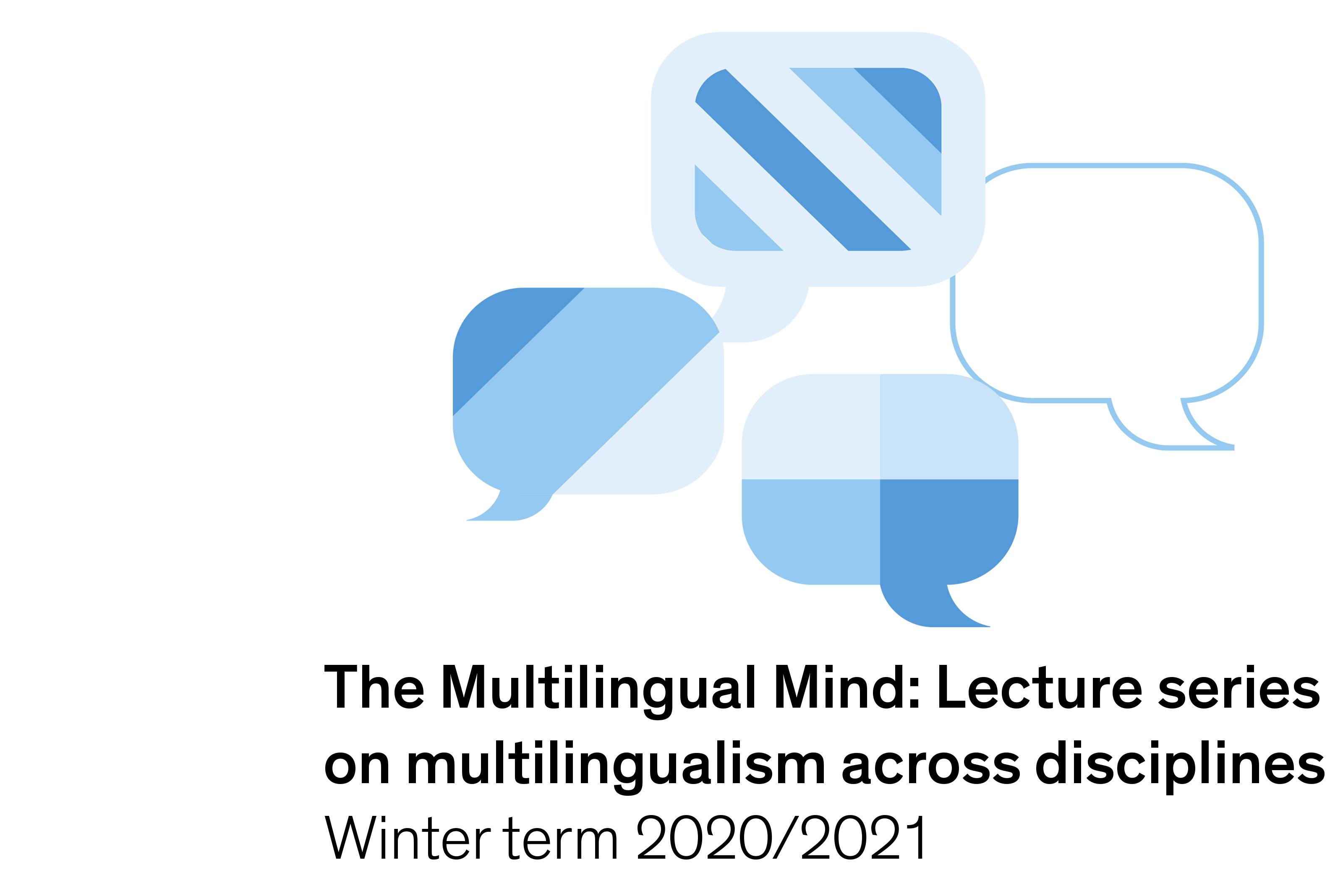
17.11.2020: Sarah von Grebmer zu Wolfsthurn, Leticia Pablos Robles and Niels O. Schiller (Leiden University): Cross-linguistic interference in multilingual speakers - an ERP study
Join our online lecture on the 17.11.2020 at 17.00 - 18.30 (CET/UTC+01).
Sarah von Grebmer zu Wolfsthurn, Leticia Pablos Robles and Niels O. Schiller (Leiden University): Cross-linguistic interference in multilingual speakers - an ERP study
The Multilingual Mind: lecture series on multilingualism across disciplines
17.11.2020
Tuesday, 17.00 - 18.30 (CET/UTC+01)
Zoom room: zoom.us/j/94531600895
Abstract
Acquiring foreign languages, in particular grammatical gender in adulthood has been associated with a number of difficulties in terms of reaching native-like proficiency levels, for which studies have suggested a biological or social basis. This study is focused on another potential explanation, also known as cross-linguistic interference (hereafter CLI). This is the interaction of the gender systems of languages learners already know (i.e. they are fluent in) and those that they are in the process of learning.
The study aimed to investigate whether and how gender congruency and cognate status modulate cross-linguistic interference effects in low-proficient late language learners. Our participants were German native speakers with a B1/B2 level of Spanish. The aims of the study were the following: first, we explored CLI from a behavioural perspective as well as an electrophysiological (EEG) perspective. We wanted to explore the following questions: whether processing accuracy and response latencies of Spanish noun phrases was modulated by gender congruency and cognate status, whether a P600 effect could be present in late language learners, and finally, whether this P600 effect was modulated by gender congruency or cognate status.
Behavioural results demonstrated cross-linguistic interference of grammatical gender systems. Further, we present evidence for the sensitivity of late learners to syntactic violations (P600 effect) already in early acquisition stages. However, participants did not seem to be susceptible to influences from inherent noun properties such as gender congruency and cognate status, which provides limited evidence for traceable CLI effects at the neuronal level.
Our results not only provide a novel insight into cross-linguistic interference in late language learners, but also contribute to the discussion around the neural correlates of grammatical gender processing and sensitivity to syntactic violations in early acquisition stages.

